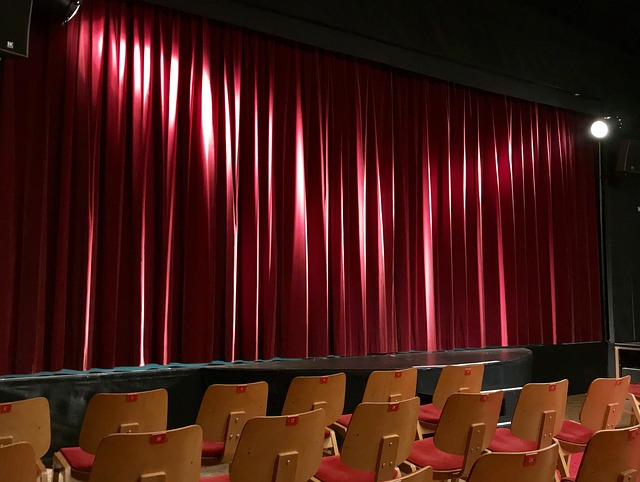
Enlightenment Era: Exploring Leisure Through Literature
The Enlightenment Era, a period spanning the late 17th and 18th centuries, was a time of profound intellectual and cultural transformation. It marked the rise of reason, individualism, and a burgeoning appreciation for leisure activities that celebrated human creativity and intellect. Literature of the Enlightenment flourished, serving as both a reflection of the times and a celebration of newfound freedoms in thought and expression.
As the Age of Enlightenment unfolded, leisure took on a new significance. Gone were the days when free time was merely a pause from labor; it evolved into a vital component of personal development and societal progress. Writers of this era, such as Voltaire, Rousseau, and Diderot, championed the notion that literature could be a vehicle for leisure, providing not just entertainment but also enlightenment. These thinkers encouraged society to embrace leisure activities, positing that through reading, individuals could elevate their understanding of the world.
During this period, the literary landscape was rich with novels, essays, and plays that explored human nature, morality, and the complexities of society. The act of reading itself became a leisurely pursuit that invited contemplation. It was a time when the salons of Paris buzzed with discussions grounded in the latest philosophical works, allowing readers to connect with ideas and each other. Within these walls, leisure was not merely about relaxation; it was about intellectual engagement and the fostering of community through shared knowledge.
Furthermore, the Literature of the Enlightenment inspired new forms of leisure. The rise of the novel offered readers a window into different lives and cultures, igniting imagination and empathy. Leisure became synonymous with exploration, as novelists crafted intricate worlds that allowed readers to escape their own realities. The themes of freedom, education, and civic responsibility resonated throughout these works, making literature not just a source of enjoyment but also a catalyst for social change.
Additionally, the palpable excitement for science and philosophy permeated the era, giving rise to the notion that leisure must also include curiosity. Many Enlightenment thinkers wrote extensively about nature and the human condition, encouraging readers to engage in leisure activities that fostered a greater understanding of the world. The leisure time spent in contemplation or discussion was deemed as valuable as productive work, highlighting a balance that celebrated both thought and action.
Considering the impact of the Literature of the Enlightenment on leisure activities encourages us to reflect on our own free time. In a world saturated with distractions, it is essential to carve out moments for literature that enriches our lives and minds. Imagine unwinding after a busy day with a thought-provoking book that transports you to different times, places, and ideas. The freedom to explore literature at our own pace allows for a unique form of leisure that nurtures both the soul and intellect.
In those serene hours spent losing oneself in a book, we tap into the essence of the Enlightenment’s celebration of leisure. Whether it is enjoying a classic by Voltaire or a modern inspired work, we honor the past while inviting new thoughts into our lives. Literature not only expands our horizons but also cultivates a space for reflection and connection, echoing the foundational beliefs of the Enlightenment.


